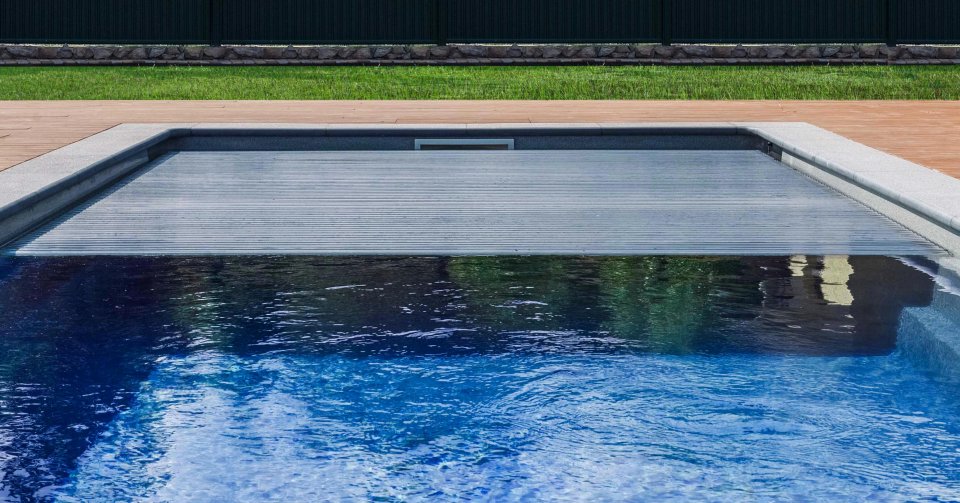
A backyard pool is a major drawcard in summer, your house will certainly be popular amongst your friends and neighbours as things heat up, but what will probably not be popular with you is paying for pool operation and maintenance costs, especially energy costs.
In this article we are going to break down just how much energy a pool can use and how to have a pool and not feel like you are throwing piles of money into it when you receive your energy bill.
Firstly, how much energy does a pool use, well an average sized pool (8 x 4 m) will use about 2,000 - 3,000 kWh per year just for the pool pump which will cost you around $560-$840 (assuming a 28c per kWh power price).
If you want to heat your pool you can expect your energy costs to go through the roof. Assuming you are heating your pool in winter from 16 C- 28 C and the volume of water in your pool is around 50,000 L (8 x 4 x 1.6 m) you are going to need an astronomical 714 kWh of energy at a cost of $70 (using gas).
Say you do this twice a week you are paying $140 in gas heating costs per week or $1,680 per year (for 17,136 kWh of energy) assuming are will to have this heating regime over the 3 months of winter.
You may be feeling faint at the thought of forking out $2,240 - $2,520 dollars just on yearly energy costs for your average sized pool, not to mention additional pool costs such as: water, chemicals and maintenance of pool components.
You might ask yourself what can I do to reduce this large energy bill, well there are three main ways you can save on pool energy costs.
Using a Pool cover
Over the 6 hottest months of the year your 8 x 4 meter pool can lose over 10,000 litres of water and with it chemicals and heat energy (in a process analogous to sweating).
In fact evaporation is responsible for 70% of pool heat lost so preventing and reducing it can cut your energy costs by approximately 60%.
Source: Myperfectpool.com.au
Pool covers also prevent debris from entering your pool so if you can fit one it is a worthwhile investment.
Using a Solar heater (including heat pumps)
Heating your pool using free solar energy with a solar pool heater (i.e. lots of black tubing on a north facing roof with a 300-400 watt pump pumping water through the tubing), rather than gas will reduce your pool heating costs by over 90% compared with gas heating.
However this is only possible if you have a large north facing roof surface and you might want that for solar PV. The alternative to a solar heater is to use a pool heat pump paired with a solar PV system so you can keep your large north facing roof for your solar panels; a heat pump can reduce the cost of heating by around 30% without solar PV (compared to gas) and 90-100% if paired with an appropriately sized solar system.
Which option works for you will depend on your house and situation.
Buying a multi-speed pool pump
By the pump affinity law the power use of the pump is proportional to the cube of the pump speed, which means that only pumping at the required speed rather than at full-bore or off (as is the case with single speed pumps) will save you a lot of energy (up to 80% of your energy costs over a year).
So despite the fact that multi-speed pumps are more expensive up-front, they are cheaper in the long run.
So by using a multi-speed pump, a pool cover and solar heater (or a heat pump) you can reduce your pool energy costs by up to 90%. These are certainly worthwhile investments if you are a heavy pool user. With some thought and spending a bit more on quality pool energy efficiency solutions upfront, it is possible to have the popular pool without the very unpopular running costs.

